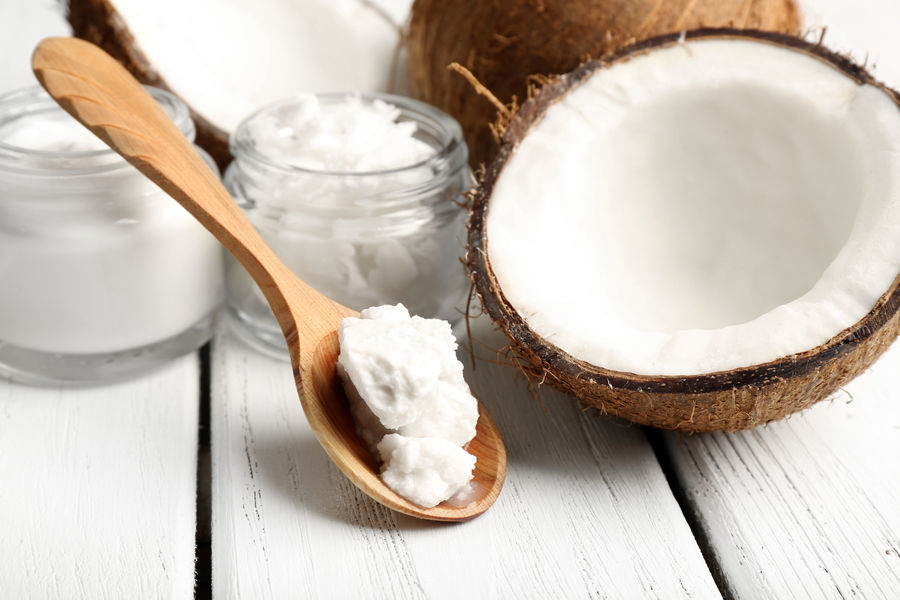

Have you started following new dietary rules or would you like to try but don’t know exactly what to pay attention to?
The following tips will be a good complement to your current knowledge of low-carbohydrate and high-fat diets or the ketogenic diet.
1. Don’t be afraid of fat! The meals you prepare should be greasy.
2.Stock up on unrefined coconut oil and add a little to each meal.

3. Pay attention to what you fry your food on, saturated fats are good for your health (including coconut oil).
4. Try not to drink during and immediately after meals.
5. Remember to drink broth, it is the best vitamin and mineral “supplement”. This is one of the most important things in optimized long-term ketosis.

6. Mushrooms, meat, garlic, onion perfectly absorb the fat from the pan. If you don’t like the fat floating on your plate, you can use these ingredients during frying.
7. Pay attention to where you buy meat or eggs and their origin. We recommend that you buy meat at the butcher’s shop and eggs from a local farmer.
8. Clarify the butter yourself – it is an extremely simple process during which we melt the butter, then separate the separated protein and pour the clarified fat (preferably into a glass vessel). In this form, there is more fat in the fat, the butter does not deteriorate and tastes very good.
9. A very important point. Before starting keto-adaptation, consider whether you will inform your loved ones about it. You can make it clear to yourself and others that this is a casual attempt and detox at the same time.
10. Be careful with the nuts! Although they have a lot of fat, 50 g has about 10 g of absorbed carbohydrates, so choose nuts such as macadamia, Italian, Brazil, hazelnuts, or pecans. Popular peanuts are a source of carbohydrates and health problems.

11. When you feel the need to eat something – even if it is just before going to bed – eat something.
12. If you have the option, start keto-adaptation on Thursday / Friday, thanks to which you can deal with the initial symptoms over the weekend without additional stress.
13. If you train, do not give up training while adapting. Endurance and strength may drop noticeably, but training is a strong factor in accelerating the pace of keto-adaptation. However, if you do not feel that you have enough energy to train, do not exert yourself at least for the first 3 days.
14. When you notice any adaptation problems, the first thing you should pay attention to is to increase the amount of consumed fats and reduce the amount of carbohydrates. Then, make sure to limit your intake of vegetable fats, and provide your body with plenty of minerals and water. Usually, the causes of discomfort in the keto-adaptation period lie in the above issues. If, despite this, your well-being does not improve, reduce physical activity during the day and increase the amount of protein consumed.
15. If you feel a drop in body temperature, you can benefit from the action of strong thermogenics such as coconut oil, MCT oil, olive oil, and nicotinic acid amide (in the form of vitamin B3).
Receive tips, articles and all the goodies absolutely free, straight to your inbox!